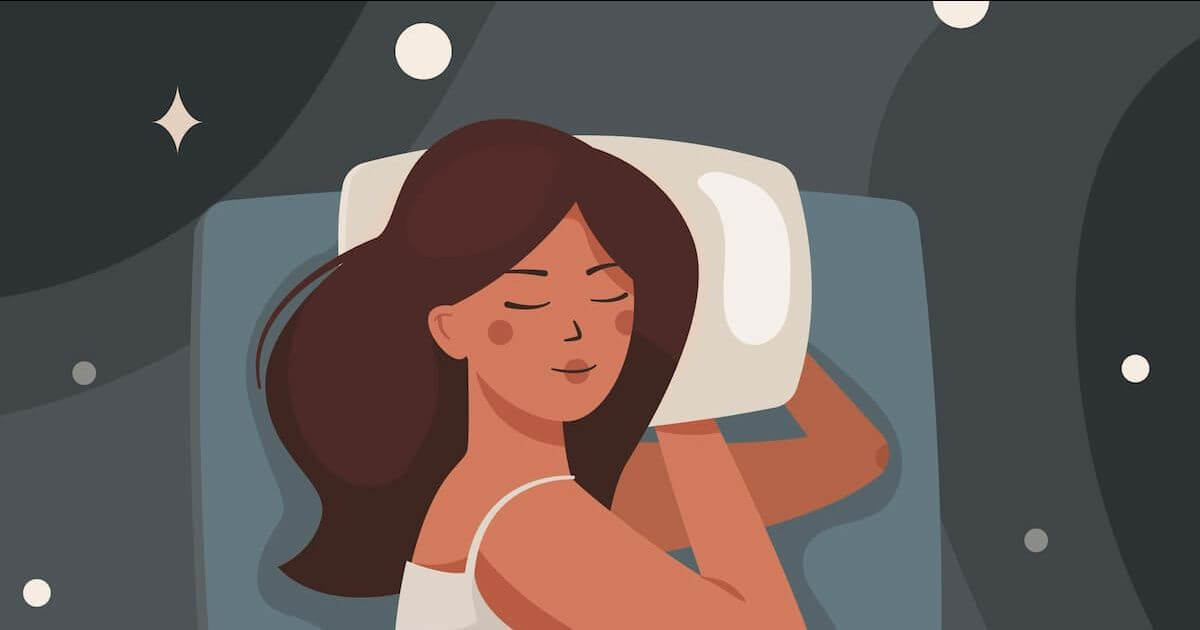Avoid The Circadian Killers

Date: January 14, 2022
Categories: Health Focused
AVOID THE CIRCADIAN KILLERS
Ivan Napotnik RN, BSN
Cardiovascular Services

We have all heard how important good sleep is for both our physical and mental health—but how many of us have surrendered to poor sleep and even label ourselves as poor sleepers?
Sleep is too important for us to accept anything less than what our bodies need; our health literally depends on it. The Sleep Foundation states that poor sleep can slow our thinking, reduce our attention span, deplete our energy, and increase our anxiety levels and irritability. So, poor sleep is bad but what is “good sleep”? Good sleep is all about the circadian rhythm, which is the control center for our sleep and wakefulness. While our circadian rhythm can be disrupted by uncontrollable factors like sleep disorders, many times the root cause is our own behavior, external factors that we can control.
Now, before we talk about the quality of our sleep, we’ve got to discuss the quantity. Time devoted to sleep must be a priority if you want to improve your sleeping habits. The CDC reports that a third of adults in the US do not spend enough time sleeping. The American Academy of Sleep Medicine recommends 7 or more hours of sleep, noting that anything less than 7 hours is linked to adverse health outcomes. In addition to time asleep, the quality of our sleep matters and that’s where we have to focus on protecting our circadian rhythms.
A few of the major disruptors of our circadian rhythm can be inconsistent sleep schedules and eating or drinking late at night. These disruptors are things we can control. Maintaining a consistent bedtime routine which involves going to sleep and waking up around the same time, every day, even on the weekends, is best for our circadian rhythm. That means we need to limit the time in front of our electronic screens and go to sleep. These screens have also been shown to stimulate our minds and make it more difficult to fall asleep.
Another disruptor is eating and drinking late in the day, especially if it’s alcohol or caffeine. The Sleep Foundation states that alcohol consumption before bed has been linked to poor sleep quality and caffeine, a stimulant, makes it more difficult to fall asleep. The American Sleep Association states that eating foods high in sugar before bed causes large fluctuations in our blood sugar which affects our sleep and foods high in fat take longer to digest which impacts the quality of our sleep as well. Instead, avoid eating or drinking anything 1-2 hours before bed for the best quality sleep.
Sources for additional information:
- The Sleep Foundation
https://www.sleepfoundation.org/sleep-deprivation - American Sleep Association
https://www.sleepassociation.org/blog-post/the-11-worst-foods-to-eat-before-bed/ - The American Academy of Sleep Medicine
https://aasm.org/resources/pdf/pressroom/adult-sleep-duration-consensus.pdf - The CDC
https://www.cdc.gov/sleep/index.html
